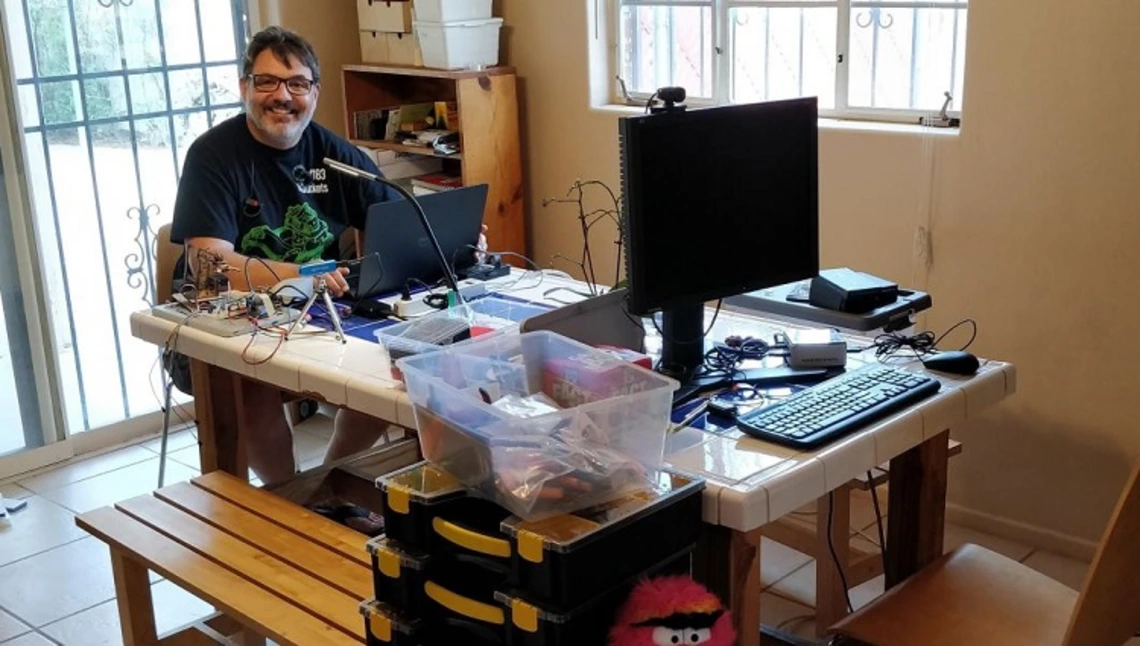BME Keeps Socially Distanced Students Learning With Living Room Labs

With schools and universities closed in more than 150 countries, the COVID-19 pandemic has affected approximately 98% of the world's students. The affected students and professors have come up with various solutions to continue their education in the age of social distancing. For example, BME associate professor and associate department head of undergraduate affairs Urs Utzinger mailed kits filled with engineering tools to his students.
Utzinger isn't letting the pandemic stop him from providing a hands-on experience to the students in his sophomore engineering design course. He gathered microcontrollers, motors and other mechanical parts, boxed them up into 42 individual kits, and mailed them to students, who are now assembling, testing and calibrating from home.
“This is specifically for our students to continue their classwork in this time,” Utzinger said. “We still have the same goals, and we want to offer as close to the same learning experience as possible. We just cannot do everything online.”
Utzinger also co-teaches a new course, BME 310, with assistant professor Philipp Gutruf, in which juniors design and create biomedical devices in the new Peter and Nancy Salter Medical Device Design Lab. The students have been designing sensors that attach to a person’s skin and record sweat rate. The plan was for students to create the sensors, design their own experiments and test the devices – on campus.
The students spent their semester designing sensors that attach to a person's skin and record sweat rate. The plan was for students to create the sensors, design their own experiments and test the devices – on campus.
Instead, the students shared their design files with Gutruf and Utzinger, who fabricated the devices in the laboratory and sent the finished products back to the students to test on themselves.
